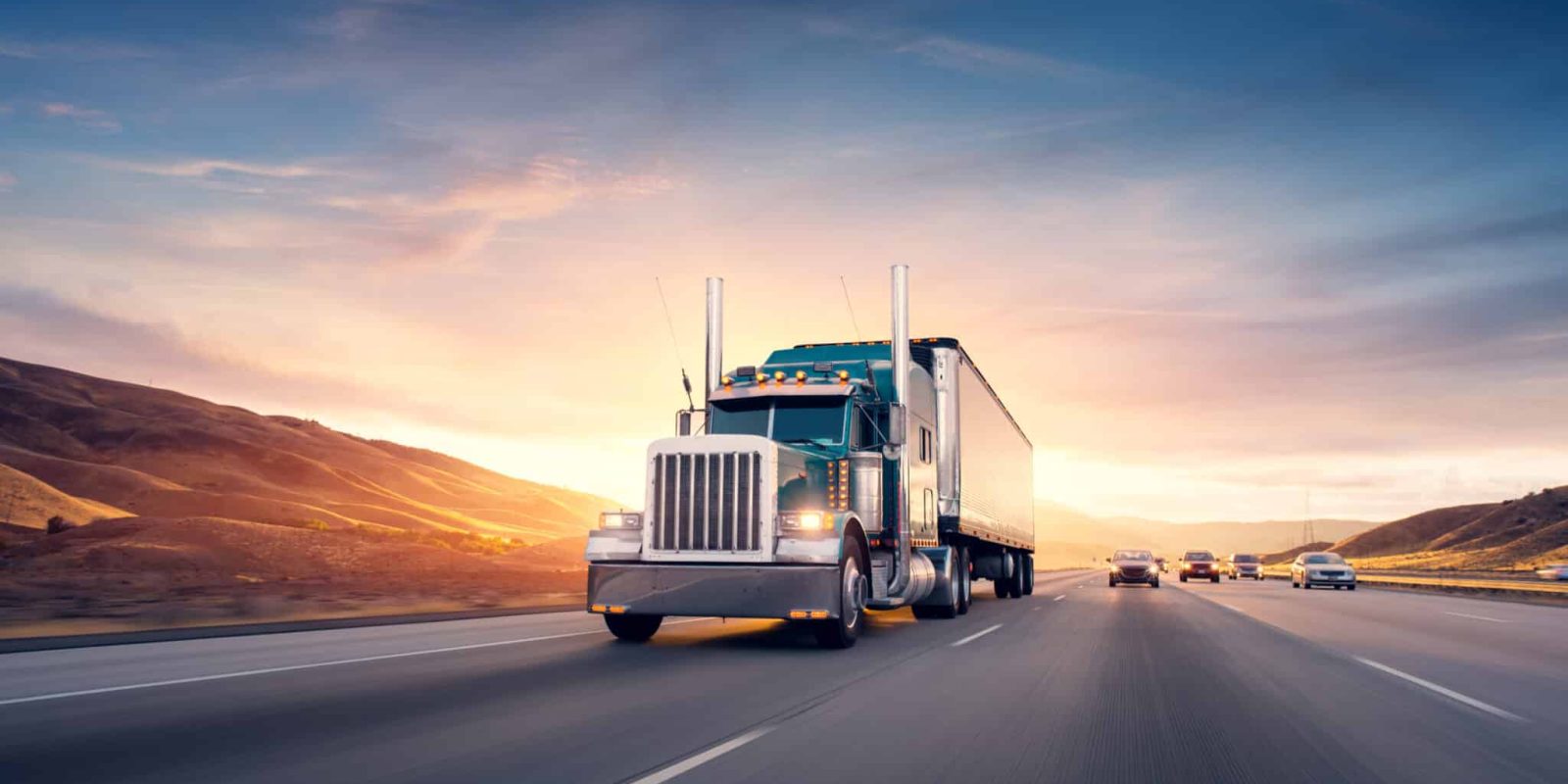At one point or another, every company that ships or receives freight thinks about introducing a Transportation Management System (TMS) to their operations. Selecting and implementing a TMS is a large investment, entailing significant planning, consideration and organizational alignment. enVista is constantly fielding questions from logistics leaders regarding TMS viability for their business.
In this Q&A, enVista’s specialists in TMS selection and implementation answer the questions they most commonly receive from industry leaders who are contemplating the value of a TMS.
Your TMS Questions, Answered.
Q. “I feel that TMS platforms are designed for large businesses with a complex supply chain and high freight spend. How would a TMS platform support my business while staying within my budget?”
A. Well-known TMS platforms have a reputation for being robust, complex and expensive tools that are primarily used to manage complex shipping activities. This is a false perception. In practice, a TMS platform is designed to manage all levels of shipping, providing value to customers of all sizes. To fulfill the requirements of a middle market customer, TMS providers have tailored their offerings, implementations and pricing to align with the specific needs of their customers’ businesses. As a result of this strategy, middle market TMS providers put an emphasis on collaboration with their customers during all stages of their relationship, from the sales process to implementation and throughout ongoing professional support.
Bottom line: A TMS platform is for everyone, not just large, complex businesses.
Q. “Where will I find value in a TMS platform if my operations are not complex, or if my freight spend does not qualify me for an enterprise level TMS?”
A. Newer businesses, or businesses that have experienced growth but don’t have a TMS, may struggle to understand the benefits that a TMS can provide, regardless of their spend or complexity. Traditional TMS savings are found in areas like optimization, consolidation, analytics and procurement support. While these traditional savings areas scale with spend and complexity, small to mid-size businesses are still leaving valuable savings on the table when not leveraging a TMS. Process enhancements through automation can alleviate users of tedious decision points, aligning system configuration with the strategy and goals employed by the user. Reporting and analysis of TMS data will create visibility into success and adherence to the strategy set forth, leading to a direct path for continuous improvement.
Bottom line: From high-level to in the weeds, a TMS can provide significant value for businesses of all sizes—optimizing processes, creating organizational alignment and enabling data-driven decision making.
Q. “My business is in a volatile market and/or my growth projections are uncertain. How do I know that a TMS will maintain its value and investment?”
A. One result of the systematic improvements a TMS solution can provide is a streamlined transportation process, which can turn an existing roadblock into a foundation piece of growth. TMS platforms are designed to handle growth by supporting the following:
- Transportation additions – New carriers, locations and routing guides
- New business segments – Mergers, acquisitions and spin-offs
- Additional services – Freight audit and payment, bid boards and RFP services
- Analytics – Performance, carrier addition/removal and shipping location updates
A true TMS partner provides pricing that accommodates your needs today and that scales with you as your requirements change or your business grows. With typical pricing set based on services offered and transaction count/spend, there are providers out there ready to help you realize immediate benefits, while also continuing to provide support in a changing and growing market.
Bottom line: In the transportation industry, the only constant is change. TMS platforms are built to scale with your business, providing value in any market.
Q. “We are leveraging a TMS today, but my existing platform does not provide the value that we expected when we originally implemented. How do we unlock the value that was promised?”
A. The value that a TMS provides is tied directly to the initial implementation and configuration of the software. What drives success is the meticulous alignment of your business rules and needs with the software solution. If your business rules were not properly identified or configured, you will not see the full return as expected. Additionally, any gaps in the integration specifications can prevent proper execution and reporting, leaving potential improvements in the dark. Making configuration adjustments or completing re-implementation exercises can close these gaps and drastically improve the value of your existing TMS.
Bottom line: A TMS platform’s success lies in how it was configured and implemented. If your TMS is underperforming, consider bringing in an expert to reveal and close the gaps that are hindering its value.
enVista is a trusted TMS partner for logistics leaders from planning to selection, implementation, testing and ongoing support. Whether you’re new to TMS, need to upgrade your system or need help increasing the value of your existing system, enVista’s transportation experts can help. To get you started, leverage our free 30-minute consultation to receive expert guidance on your TMS strategy.






